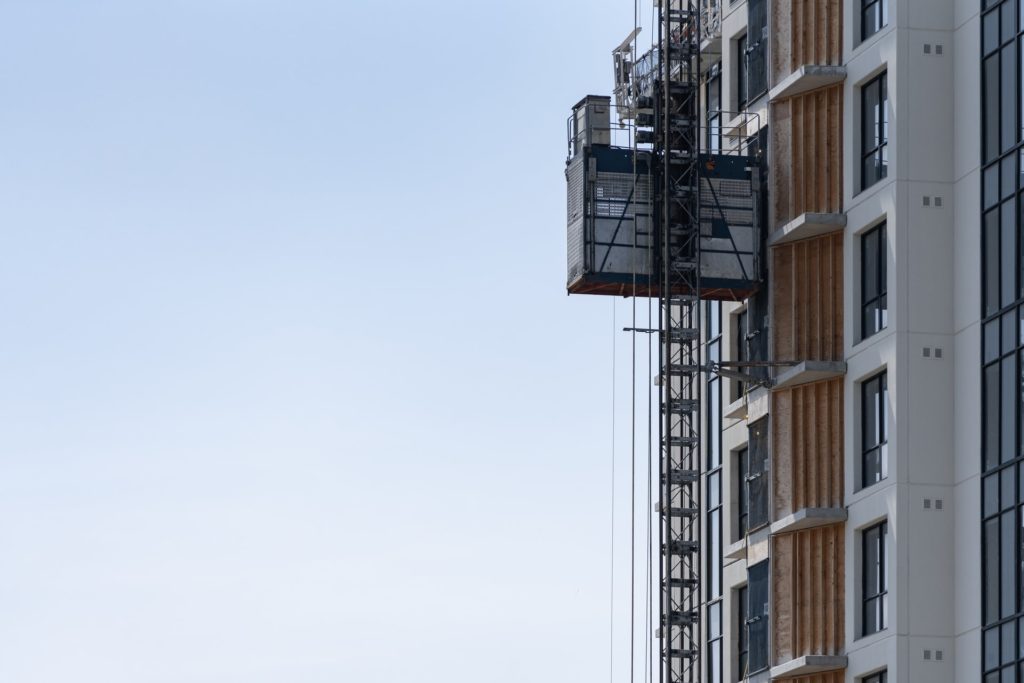Is now a good time to buy a pre-sale condo in B.C.?
13th October, 2020 After my recent opinion piece “Are there cracks in B.C.’s condo market?” a reader asked for my thoughts on buying pre-sale condos in the current real estate market.
After my recent opinion piece “Are there cracks in B.C.’s condo market?” a reader asked for my thoughts on buying pre-sale condos in the current real estate market.
I personally have never bought a pre-sale, mainly due to the premium that is required to buy new. Pre-sale prices are based on the assumed future value of a condo at the time construction is expected to be complete. The pre-sale premium is 15 to 30 per cent higher than buying a comparable newly built condo in today’s market.
You must also pay GST on new construction, which adds five per cent to the cost of a condo, or $30,000 on a pre-sale selling for $600,000.
I also don’t like the uncertainties that come with the purchase of a pre-sale unit. Pre-sale contracts are tilted in the developers’ favour. Design changes and occupancy delays are the norm not the exception, and there have even been cases where developers have declared bankruptcy or walked away from a project without compensating the pre-sale buyers.
I once signed a pre-sale contract in 2003 but backed out before the seven-day cooling off period ended — a decision that didn’t age well. At that time pre-sales were selling at a discount compared to newly built condos and the real estate market ended up being at the beginning of decade long upward trend.
Under those conditions, pre-sales can be a great deal. But unfortunately we are currently in a very different condo market where the future is uncertain and pre-sales are priced at a premium.
Buying a condo today
If I had to buy a condo today, I would focus on the pre-existing condo market. Inventories are at a six-year high which should lead to price reductions. Also, given the choice, I would much rather negotiate with an individual condo owner over a developer.
People are emotional, often swayed by negative headlines, and are selling for a myriad of reasons such as cash flow issues, divorce, death, job relocation and fear. Developers, on the other hand, tend to stick to a disciplined selling process and avoid negotiating.
That said, if there is a glut of condo listings and waning demand, developers may offer incentives to reduce their backlog.
Incentives can range from subsidized strata fees, guaranteed rentals and decorating credits, to a year’s supply of wine and avocado toast — even “free” cars.
It is rare, but not unheard of, for developers to drop their prices in cold markets.
Are you a good negotiator?
It is during these times where buyers are offered the best incentives and developers are more open to negotiate. If you are not a natural negotiator, I recommend using a realtor to act on your behalf.
Some developers, if they feel they have a great product in the right location, will never negotiate even if the competition is having a fire sale. Remember that price isn’t everything — just because a unit is discounted doesn’t mean it’s great value. When buying any real estate always consider such things as location and liveability along with the price before signing a contract.
Whether to buy a pre-sale or an existing condo depends on many factors. Just as I never buy a new car from a dealership, I shy away from pre-sales as I can’t justify the added costs. But that doesn’t mean I’m anti-pre-sale. I recognize that they are a necessary part of our real estate market and for many buyers they are the best, sometimes only, way to buy a condo.
Some of the advantages of buying a pre-sale are: they give buyers extra time to get their finances in order and/or save for a larger down payment, pre-sale values can increase in a rising market, some buyers can avoid the property transfer tax, and all pre-sales are covered by B.C.’s 2-5-10 Year Home Warranty insurance.
A lot of people love pre-sales and have done very well by them but, for me, I prefer seeing, inspecting and touching a building before buying into it.
Originally published in CBC’s Opinion section.